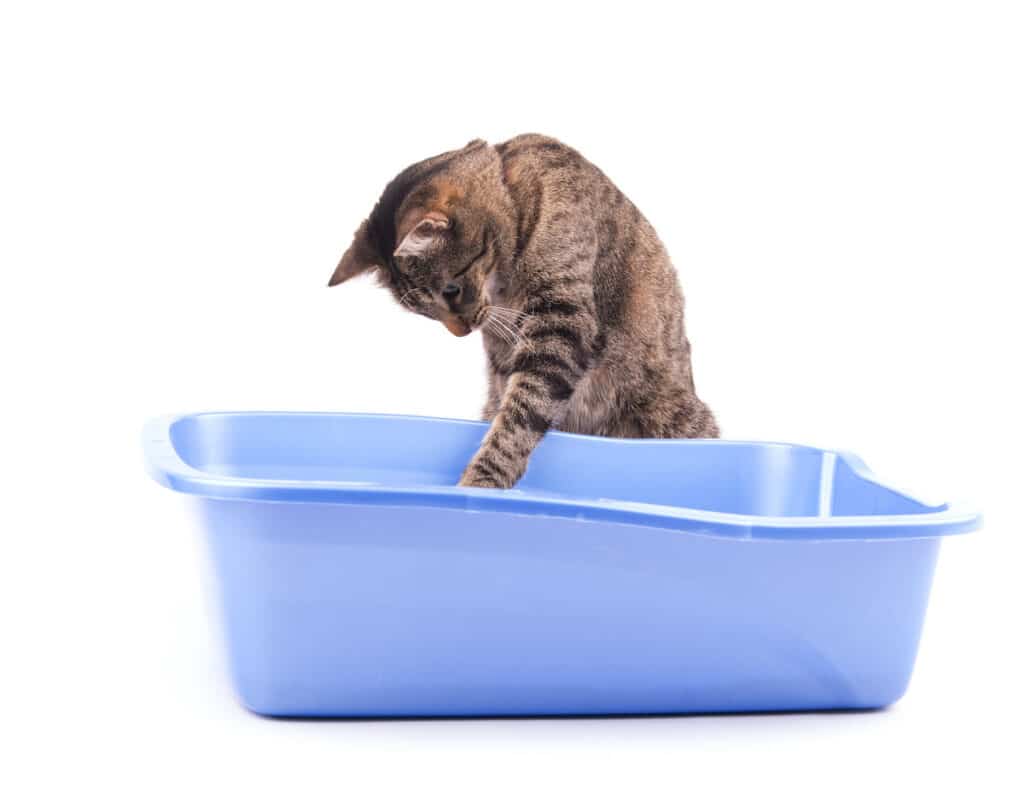Having your pet eat litter is not a good thing, and it may indicate that the pet has a serious health problem, such as Anemia or Kidney disease. It also may indicate anxiety or leukemia.
Anemia
Several diagnostic tests are available to diagnose the underlying causes of anemia. These tests can be recommended by a vet based on the symptoms your cat is showing. A Complete Blood Count can be performed to assess the quantity of red blood cells, hemoglobin, platelets, and other blood cells. A urinalysis can also be performed to assess electrolyte levels, and a biochemical profile can be conducted to assess organ function.
If your cat is anemic, the body is not making enough haemoglobin, the protein that transports oxygen throughout the body. The heart can only do so much to compensate for the deficiency. If your cat is suffering from anemia, it is important to diagnose it as soon as possible.
The first thing your vet will do is conduct a full examination. They will look for signs of anemia such as pale gums or pink teeth, and they will also check for abnormal cells. This can be a sign of leukemia or parasites that are destroying red blood cells.
Kidney disease
Symptoms of kidney disease in cats include vomiting, loss of appetite, and drooling. A cat’s kidneys help regulate blood pressure and calcium levels in the body. They also help to remove waste products from the bloodstream.
Kidney failure can be caused by infection, tumors, or high blood pressure. The kidneys can also be damaged by toxic substances such as ibuprofen. A kidney biopsy may be necessary to diagnose kidney disease.
Some of the symptoms of kidney disease in cats include a stiff-legged gait, increased thirst, drooling, loss of appetite, and nausea. The kidneys also play a role in red blood cell production. Depending on the stage of the disease, cats can live a long, happy life with the correct care.
In addition to kidney disease, cats can also suffer from a variety of other problems. If you notice your cat has abnormal behavior, such as licking his/her lips or gagging, it is best to visit your vet. The veterinarian may also recommend blood tests or urine tests to detect kidney disease.
Leukemia
Feline leukemia is a highly contagious viral disease that is fatal to most cats. The virus weakens the cat’s immune system and increases the risk for other diseases. 85% of infected cats die within three years of being diagnosed.
FeLV is transmitted from one cat to another through bite wounds, contact, urine, saliva, milk, tears, and feces. It is also transferred from an infected mother cat to her kittens in the womb. It is also passed on by grooming.
FeLV is most common in young cats. Kittens and cats who live outdoors are at greater risk for infection. If your cat is exposed to the virus, take him to the vet for an examination.
There are two kinds of blood tests used to diagnose feline leukemia. One test uses a small blood sample to detect the presence of the virus. The second test is a confirmatory test that requires a blood sample to be sent to a laboratory for confirmation.
Anxiety
During times of anxiety, your cat may begin to eliminate in the house or outside the litter box. It is important to know the cause of this behavior so you can make the right changes to get your cat back on track.
Your cat may be anxious if he or she starts to exhibit compulsive behaviors such as excessive meowing and tail-chasing. This can be caused by a wide variety of things. If you see any signs of anxiety, you should take your cat to the veterinarian immediately.
Cats can develop anxiety if they are suddenly placed in a new environment or are introduced to a new pet. Cats may also develop anxiety if they are exposed to a traumatic event.
Cats can also get anxious if their daily routine changes. They may begin to hide more, become aggressive with people, or stop eating and playing.
You can help your cat cope with this situation by giving him or her mental and physical stimulation. Provide your cat with toys, food puzzles, cat grass, and plenty of exercise. These will help relieve stress and decrease anxiety.














